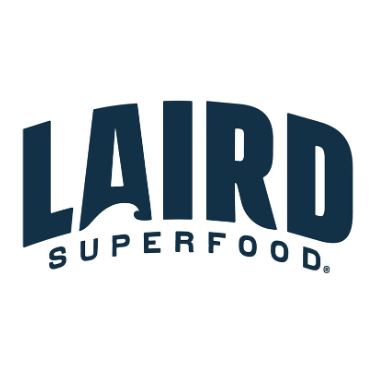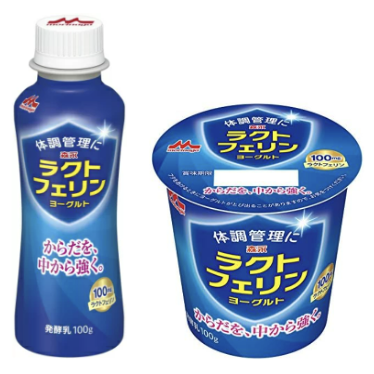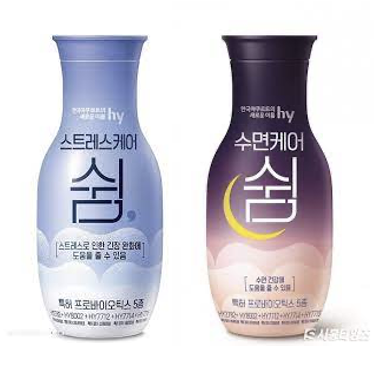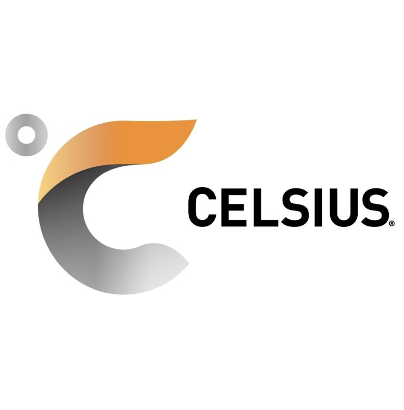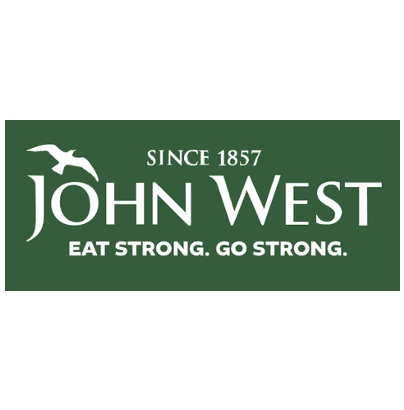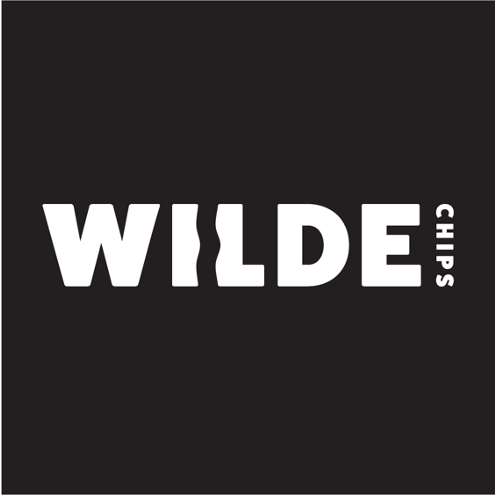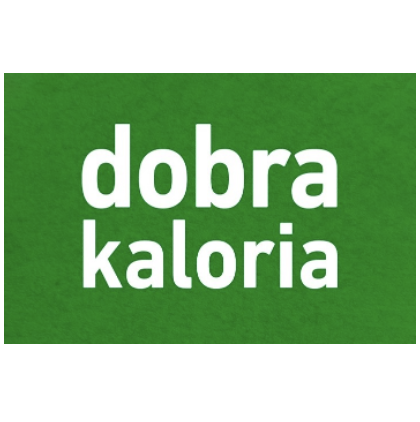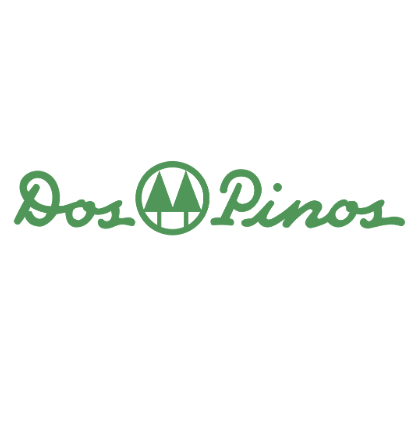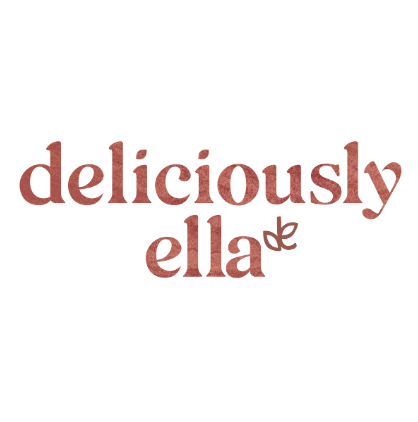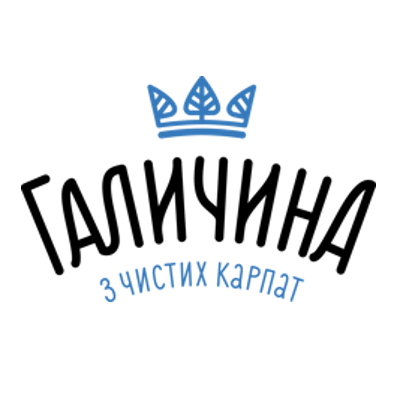Our case studies focus on brands and products that provide lessons from real challenges and opportunities which you can use to inform business strategy. They are packed with detail including brand portfolio, pricing, and communications and marketing strategy, merchandising and distribution, and come with a check list of key lessons learned.
Published: October 2023
Case study: Laird Superfood (2023 update)
This maker of functional plant-based creamers and coffee saw impressive growth in its first seven years on the market, but has now stalled. Laird Superfood illustrates the value of a personal brand, and the vulnerability of basing your value proposition on ingredients.
Download powerpointPublished: October 2023
Case study: Morinaga Lactoferrin yoghurt
Morinaga’s lactoferrin yoghurt is one of the few functional yoghurts to succeed in Japan without FFC (Foods with Function Claims). Driven by research and consumer education the product has managed to establish itself in the market, but will need to increase its differentiation to survive in the coming years.
Download powerpointPublished: October 2023
Case study: Rest by Hy
Rest is a result of Yakult's Korean subsidiary Hy diversifying its portfolio to include a broader range functional dairy products. Launched in 2023, the Rest range offers a sleep care and a stress management product - both of which have been successful from the start.
Download powerpointPublished: September 2023
Case study: Celsius
Thanks to its positioning as something sporty and ‘cool’, Celsius has been a major fuel for the energy drinks market in many regions. The brand recently hit the $1bn revenue mark and saw a sales increase of 108% between 2021 and 2022.
Download powerpointPublished: September 2023
Case study: John West
The market leader in the British tinned fish market has shown many signs of clever innovation in its attempts to reinvent an uneventful staple category as a modern health food.
Download powerpointPublished: September 2023
Case study: Wilde
The US maker of protein chips made from chicken breast connects to an impressive seven key trends and provides lessons in product development, flavour strategy and choosing the right name.
Download powerpointPublished: August 2023
Case study: Dobra Kaloria
This Polish family company has recently invested heavily in meat substitutes, after a failure in that space 25 years ago. With its new approach it illustrates the value of plant-based substitutes that are made from actual vegetables that the consumer can see and understand.
Download powerpointPublished: August 2023
Case study: Dos Pinos
The leading dairy producer in Central America has a number of innovative products in its portfolio and is a reminder of the value of being innovative and agile in responding to consumer demands - even as a major corporation.
Download powerpointPublished: August 2023
Case study: Deliciously Ella
Deliciously Ella has evolved from a popular blog 10 years ago to a successful food brand with over 50 SKUs in its portfolio and £25m ($31.7m/€28.9m) in sales.
Download powerpointPublished: July 2023
Case study: Galychyna
This Ukrainian dairy brand sets itself apart from competition by using fresh milk, provenance marketing and a simplistic yet colourful packaging design.
Download powerpoint
